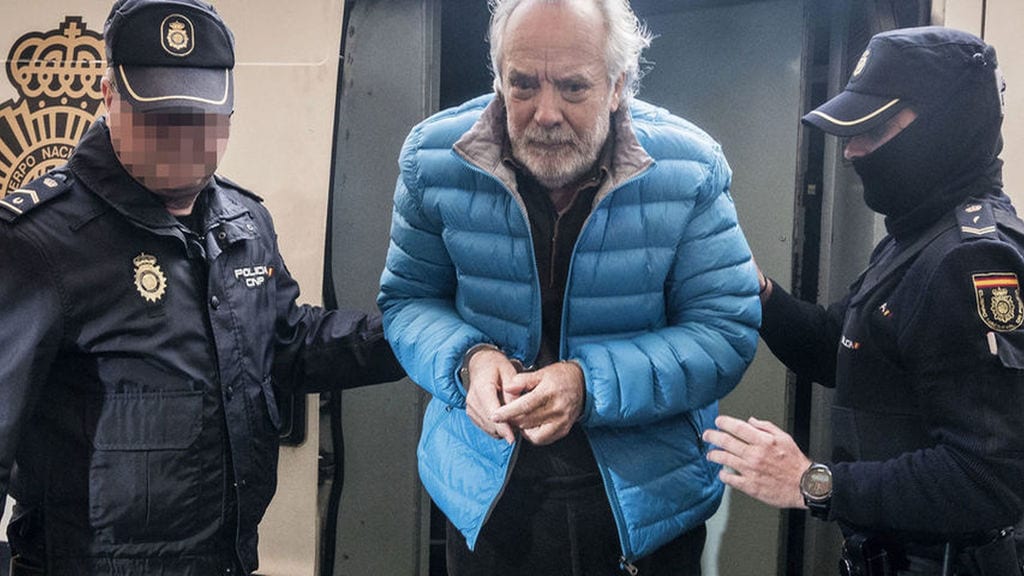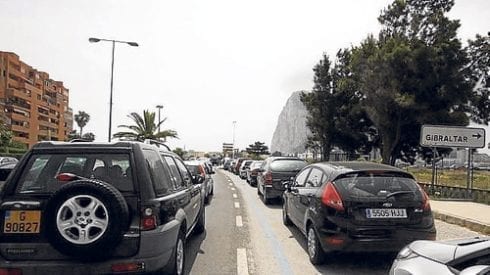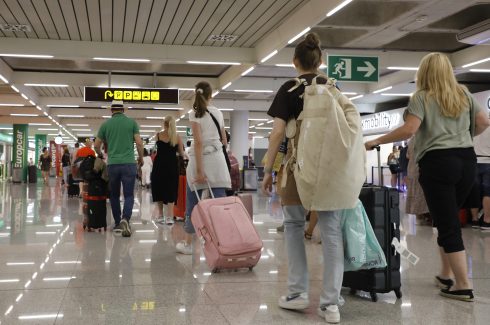In the latest sensational twist to the long-running Cursach saga, a sobbing prosecutor begged forgiveness and dropped all the lurid corruption charges against the nightclub impresario and 16 others to a roomful of applause from the defendants.
An emotional and apparently contrite Tomas Herranz admitted that the investigation and trial into Bartolome ‘Tolo’ Cursach had been a ‘total abject failure of justice’ that the charges had caused the ‘civil deaths’ of the 17 defendants.
The failed case had centred around the Mallorcan nightlife tycoon, who went on to be the main investor in Mallorca Football Club, and his alleged five-year mafia-esque ‘collusion’ with local police and politicians to the benefit of his business interests.
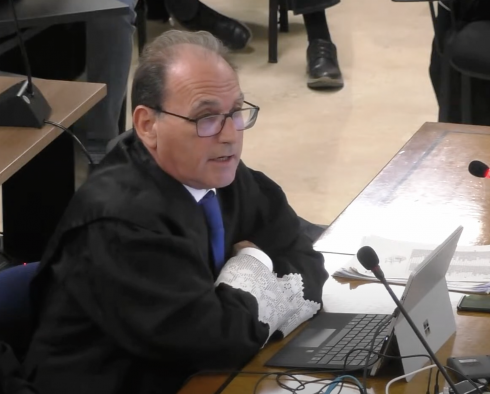
Cursach and his right hand man Bartolome Sbert had already been acquitted in the case when the prosecutor made his tearful admission.
Just months before, Herranz had led a fierce investigation into Cursach and his alleged mafia racket that was said to have dominated the island through bribes, threats, and a vast army of police, lawyers and politicians eating out of the king of the night’s pocket.
But, appearing very much a broken man, he recognised in court that the defendants had ‘suffered an injustice’ and that dropping the charges was the ‘minimal attempt to make amends for the damage caused.’
“Some might say that the fact that we ended with an acquittal is a failure of Justice, but any way you look at it, this trial has been an unmitigated disaster,” the prosecutor said in a speech that lasted two hours.
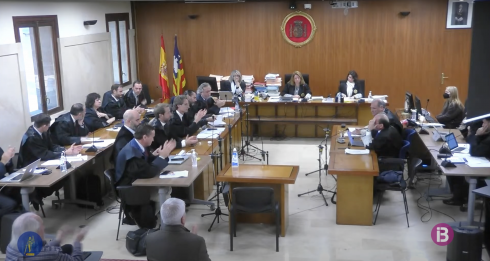
He added that ‘nothing has been proven,’ and stressed that the defendants ‘have not done anything criminal.’
He mentioned that one of the key witnesses in the trial, the owner of a rival nightclub which had allegedly been subject to 25 inspections in 12 days on the orders of Cursach and Sbert, had ‘whispered their version of events into the investigators’ ears’, who then ‘lost their senses.’
“The worst thing is that this was all continuously published [in the press] and nothing was done to prevent it, or even disencourage it,” he said.

Herranz railed against the use of protected witnesses, a bias against the defendants and ‘uncritical and irrational follow-up’, insisting that slander had been passed off as evidence.
Right hand man Sbert accepted the apology from the prosecution but emphasised the damage that the trial has done to the reputations of himself and Cursach.
“I have lived through terror. I had cameras put up in my house, because I was afraid that they would throw drugs into my garden. The terror, the fear, grief, unreason, hatred…all of that invades you and you stop being you.”
“I was about to commit suicide. I had my hand on the railing of a bridge,” Sbert revealed.
Along with Cursach, the trial had been investigating 22 others including 14 police officers, two officials and one other official accused of a range of crimes from belonging to a criminal organisation, prevarication (abuse of power) and threats.
A series of acquittals on the opening day of the trial brought this number down to 17.
Private prosecutions were also dropped against six of the accused, including the director of Tito’s nightclub and a former director-general of tourism at the Balearic tourism ministry, Pilar Carbonell.
Click here to read more Spain News from The Olive Press.

